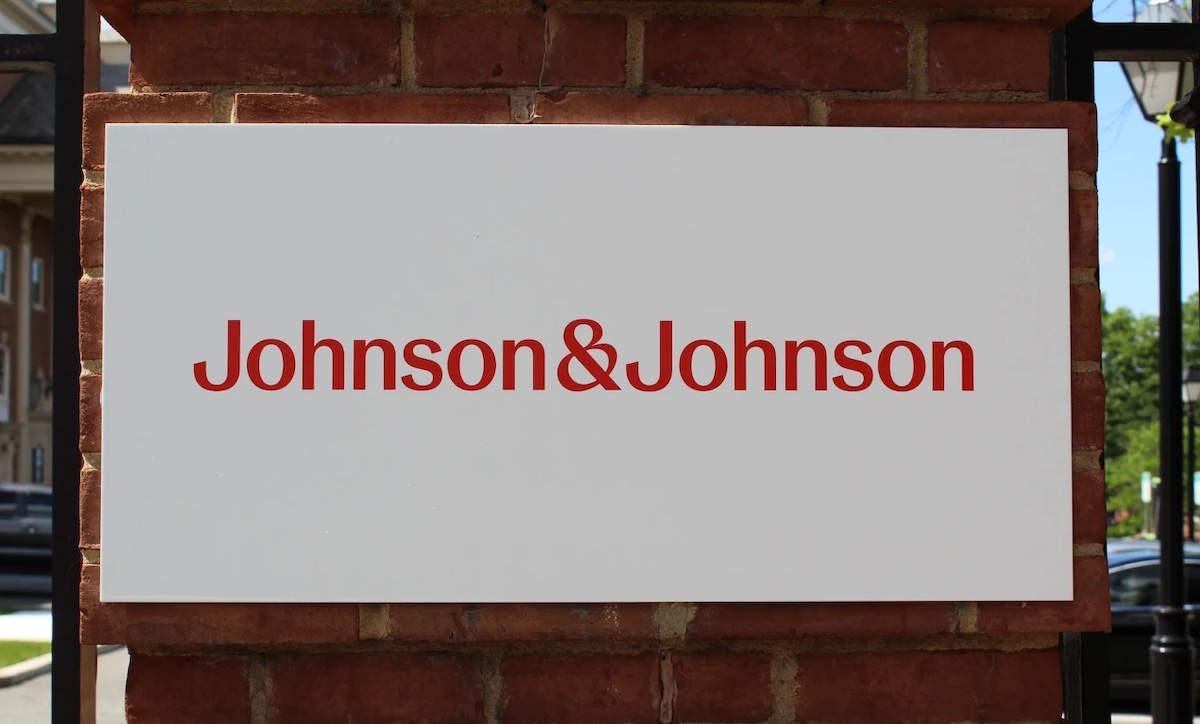15% of AI Applications Provide 80% of Value

Johnson & Johnson’s AI Strategy and Insights
Understanding AI Use in Healthcare
Johnson & Johnson, a major player in the medical and technology sectors, has recently highlighted a significant finding regarding artificial intelligence (AI). According to their research, between 10% to 15% of AI use cases can deliver around 80% of the overall value. This revelation emerged after three years of exploration and experimentation with nearly 900 AI use cases within the company.
Focus on High-Value AI Projects
With the insights gained, Johnson & Johnson is now concentrating its resources on the most productive AI initiatives while discontinuing less impactful projects. Jim Swanson, the Chief Information Officer, emphasized the company’s shift in strategy. He explained that their previous broad approach helped them familiarize themselves with AI technology, but it is now the right time to prioritize initiatives that show promise for successful implementation and widespread adoption.
Prominent AI Applications at Johnson & Johnson
Some of the AI applications that Johnson & Johnson identified as delivering the most value include:
- Generative AI Co-Pilot: This tool helps sales representatives interact more effectively with healthcare professionals.
- Internal Chatbot: A resource for employees, this chatbot addresses questions regarding company policies and benefits.
- Drug Discovery Tool: Johnson & Johnson is developing an AI solution to streamline the drug discovery process.
- Supply Chain Risk Management: Another tool focuses on identifying and mitigating risks within the supply chain.
Insights from Industry Leaders
A report from PYMNTS titled “The AI MonitorEdge Report: Healthcare Firms Going Long on GenAI Investment” reveals that a striking 90% of C-suite executives at healthcare companies with annual revenues of at least $1 billion have reported positive returns on their investments in generative AI. This growing trend highlights the increasing reliance on AI to drive innovations and efficiencies in the healthcare sector.
Common Uses of Generative AI in Healthcare
The report also notes that the most prevalent applications of generative AI among healthcare firms are:
- Product and Service Innovation: Approximately 60% of firms are utilizing generative AI for creating new products and improving services.
- Real-Time Automated Customer Service: These tools help healthcare organizations provide immediate responses to customer inquiries, further enhancing patient engagement.
Recent Developments in AI Technology
In the broader context of healthcare technology, other notable advancements include:
- Apple’s AI Agent: Reports indicate that Apple is developing an AI agent capable of dispensing medical advice, indicating their commitment to integrating AI into healthcare.
- Funding for AI Solutions: In October, Suki, a healthcare AI company, announced it had raised $70 million to expand its AI-powered products, including a voice assistant designed for clinicians.
- Microsoft’s AI Innovations: Microsoft also introduced AI-driven products aimed at helping medical professionals gain insights from vast amounts of medical data, showcasing the tech giant’s dedication to supporting healthcare improvements through AI.
Conclusion
The advancements and strategic shifts observed at Johnson & Johnson, along with efforts from other major tech companies, reflect a significant trend in the healthcare industry towards harnessing the power of artificial intelligence. By focusing on high-impact projects and continued innovation, the landscape of healthcare delivery is poised for transformative changes.






